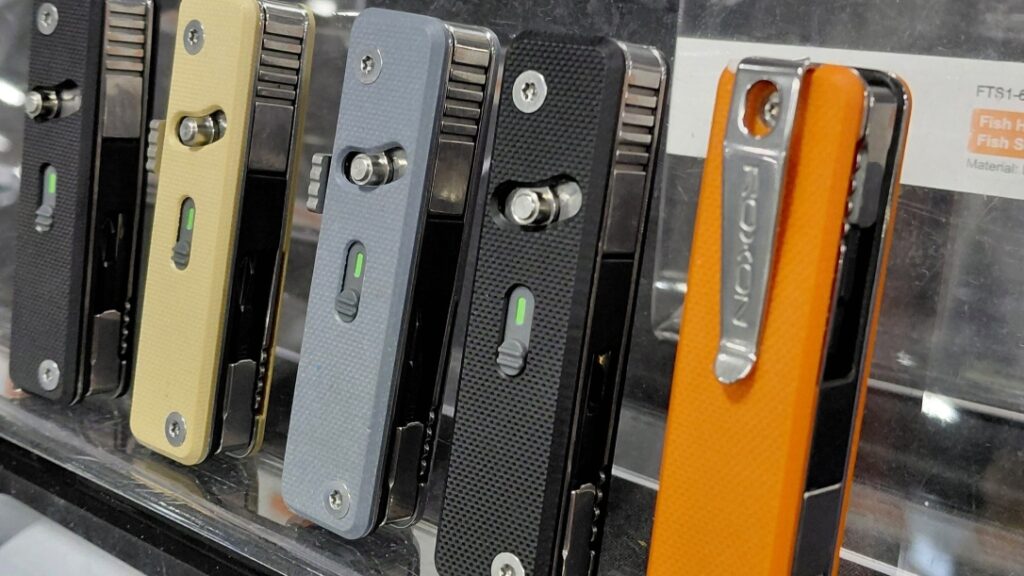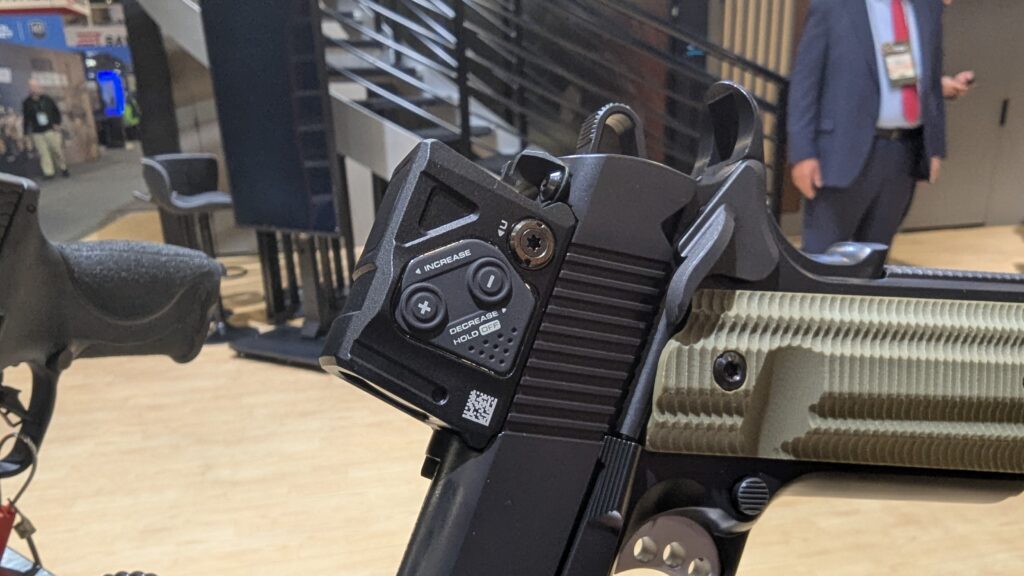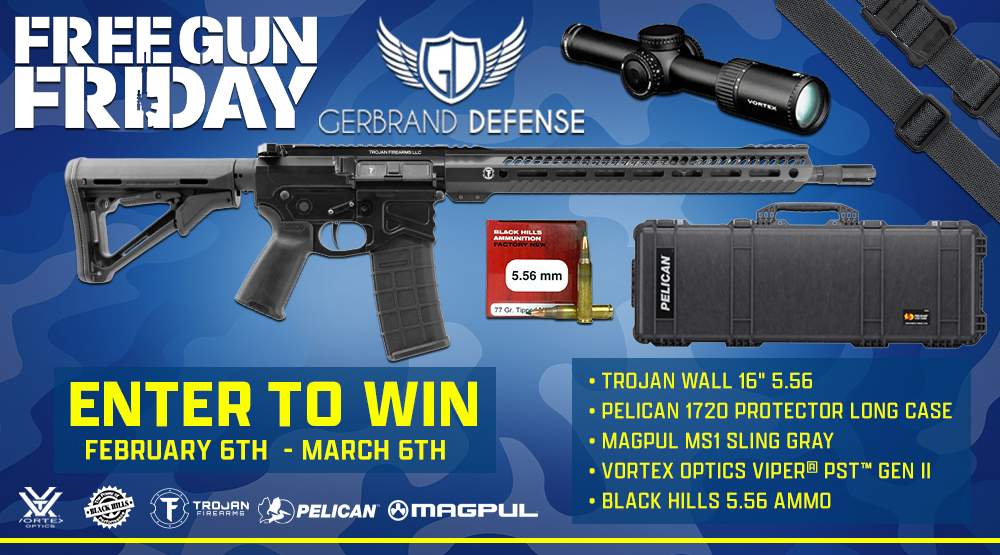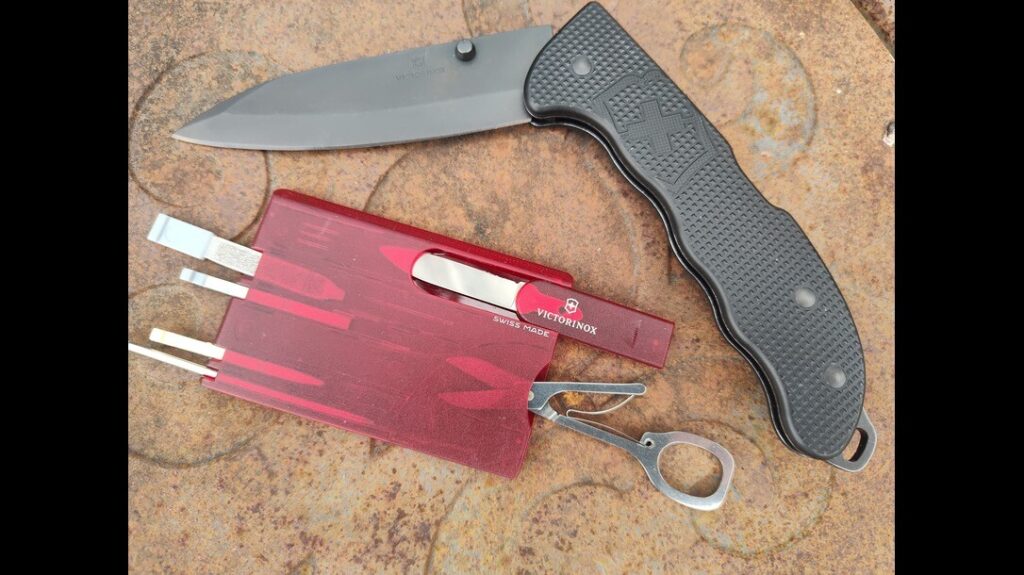[vc_row full_width=”” parallax=”” parallax_image=””][vc_column width=”1/1″][vc_masonry_grid post_type=”post” max_items=”6″ style=”all” items_per_page=”10″ show_filter=”” element_width=”4″ gap=”15″ orderby=”date” order=”DESC” filter_source=”category” filter_style=”default” filter_align=”center” filter_color=”grey” filter_size=”md” button_style=”rounded” button_color=”blue” button_size=”md” arrows_design=”none” arrows_position=”inside” arrows_color=”blue” paging_design=”radio_dots” paging_color=”grey” loop=”” autoplay=”-1″ item=”masonryGrid_Default” grid_id=”vc_gid:1436383146305-8e386f35-6de6-3″][/vc_column][/vc_row][vc_row full_width=”” parallax=”” parallax_image=””][vc_column width=”1/1″][vc_raw_html]PHA+SSBhbSByYXcgaHRtbCBibG9jay48YnIvPkNsaWNrIGVkaXQgYnV0dG9uIHRvIGNoYW5nZSB0aGlzIGh0bWw8L3A+[/vc_raw_html][/vc_column][/vc_row][vc_row full_width=”” parallax=”” parallax_image=””][vc_column width=”1/1″][vc_raw_js]JTNDaW5zJTIwY2xhc3MlM0QlMjJhZGJsYWRlYWRzJTIyJTIwZGF0YS1jaWQlM0QlMjI5NzU3LTM0MzczOTAxMDUlMjIlMjBkYXRhLWhvc3QlM0QlMjJ3ZWIuYWRibGFkZS5jb20lMjIlMjBkYXRhLXRhZy10eXBlJTNEJTIyMiUyMiUyMHN0eWxlJTNEJTIyZGlzcGxheSUzQW5vbmUlMjIlM0UlM0MlMkZpbnMlM0UlMEElM0NzY3JpcHQlMjBhc3luYyUyMHNyYyUzRCUyMmh0dHAlM0ElMkYlMkZ3ZWIuYWRibGFkZS5jb20lMkZqcyUyRmFkcyUyRmFzeW5jJTJGc2hvdy5qcyUyMiUyMHR5cGUlM0QlMjJ0ZXh0JTJGamF2YXNjcmlwdCUyMiUzRSUzQyUyRnNjcmlwdCUzRQ==[/vc_raw_js][/vc_column][/vc_row]














